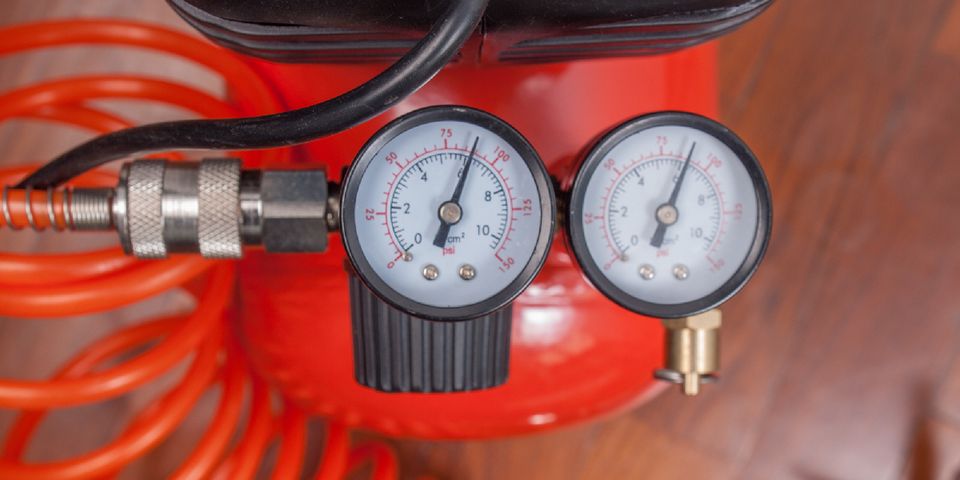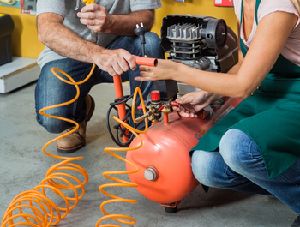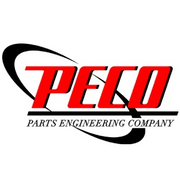A Guide to Belt-Drive vs. Direct-Drive Air Compressors

If you're in the market for a new air compressor, you might be trying to decide between two of the most popular options: belt-driven and direct-driven units. Each type of machine has its useful applications and compressor part replacement and maintenance requirements, depending on its features and capabilities. Use the following guide to learn more about these models to determine which is best suited for your needs.
How Do Belt-Drive and Direct-Drive Compressors Work?
As its name suggests, a belt-driven unit operates with the help of a belt that's connected to the motor compressor pump. When the device is turned on, the belt cycles, powering the air pump. In direct-drive machines, the motors are connected directly to the crankshaft.
Which Air Compressor Should You Choose?
Belt-Drive Compressor
Belt-drive air compressors are preferred for their flexibility and simple maintenance requirements. The devices only require occasional lubrication and filter and oil changes, making upkeep straightforward. They are also relatively quiet when operational as long as the belt is properly lubricated. If you are constantly changing the speed and power of your air compressor, one with a belt drive is likely the better option. You can easily adjust or swap out the pulleys on these machines to increase or decrease the pressure or speed.

Due to its quiet noise level, low maintenance, and low resistance to extreme temperatures, this option is often best for residential use. However, belts can wear down with continued use, so you may need to replace this compressor part frequently.
Direct-Drive Compressors
Direct-drive air compressors are more expensive than belt-drive units. However, they are more reliable overall since they lack a belt that may need consistent replacement. They also use less energy than other models because they are directly powered by the motor.
They can also operate in very high and low temperatures, making them highly resistant to environmental factors and excessive wear. As a result, they're beneficial for industrial applications. They are typically noisier than belt-driven machines, so if you plan to use yours indoors or in a garage, you may want to consider a quieter unit.
If you need new compressor parts, Parts Engineering Company can ship orders anywhere in the United States. They are headquartered in St. Louis, MO, and offer area clients 24/7 services. They also boast a location in central Florida for added convenience. This aftermarket specialist has hundreds of air compressors and original equipment manufacturer (OEM) parts and accessories available, whether you need belts, filters, air oil separators, motors, or lubricants. They take pride in their competitive pricing. Browse their air compressor parts inventory online, or call (877) 797-7326 to speak with a knowledgeable staff member about your needs.
About the Business
Have a question? Ask the experts!
Send your question

